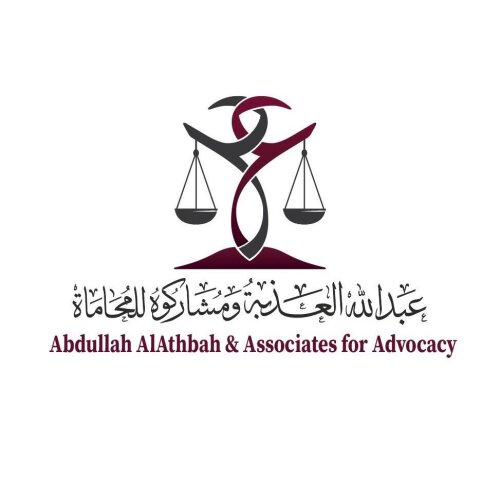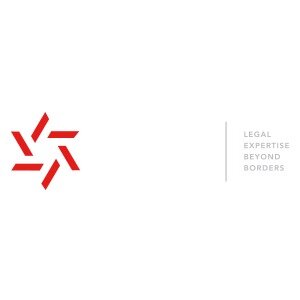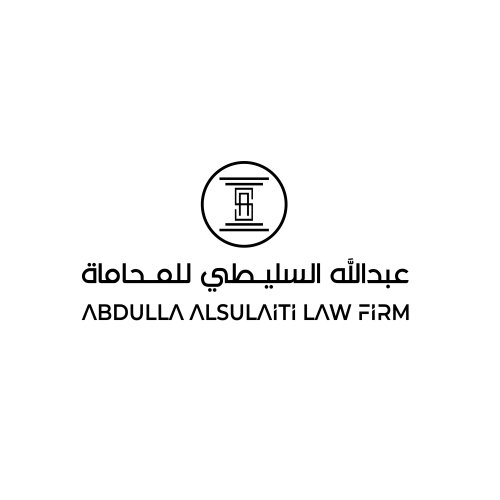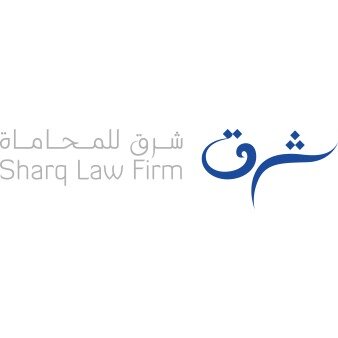Best Corporate Governance Lawyers in Qatar
Share your needs with us, get contacted by law firms.
Free. Takes 2 min.
Or refine your search by selecting a city:
List of the best lawyers in Qatar
About Corporate Governance Law in Qatar
Corporate governance refers to the systems, rules, and processes by which companies are directed and controlled. In Qatar, corporate governance has grown in importance due to the country’s rapid economic development, growing private sector, and integration into global markets. Corporate governance laws are designed to promote transparency, accountability, and fairness in corporate operations, protect stakeholders, and foster sustainable business practices. The Qatar Financial Markets Authority (QFMA) and the Qatar Central Bank (QCB) are major bodies involved in issuing and enforcing corporate governance regulations, particularly for public companies and companies operating in regulated sectors.
Why You May Need a Lawyer
Many individuals and companies require legal advice on corporate governance in Qatar for a variety of reasons. Common situations where lawyer involvement is essential include:
- Setting up a new company and drafting articles of association.
- Ensuring compliance with mandatory corporate governance codes.
- Handling shareholder disputes and board conflicts.
- Preparing for mergers, acquisitions, or restructuring.
- Addressing regulatory investigations or penalties related to governance breaches.
- Implementing internal controls and compliance programs.
- Advising on disclosure and reporting obligations to authorities and shareholders.
- Managing director or officer liabilities and conflict of interest issues.
- Dealing with whistleblowing or fraud allegations within the company.
A qualified lawyer can navigate complex legal requirements, protect the interests of the company and stakeholders, and help avoid costly mistakes.
Local Laws Overview
Qatari corporate governance regulations are mainly governed by several key frameworks:
- The Commercial Companies Law (Law No. 11 of 2015, as amended) - outlines core requirements for company formation, board structure, shareholder rights, and more.
- Qatar Central Bank (QCB) rules for financial institutions - establish governance standards for banks and insurance companies.
- Qatar Financial Markets Authority (QFMA) Corporate Governance Code - applies to companies listed on the Qatar Stock Exchange and lays out detailed governance obligations including board committees, transparency, minority shareholder protection, and ethical conduct.
- Specific sectoral regulations for energy, telecom, and other regulated industries may feature additional governance norms.
Key aspects emphasized in local laws include independent board representation, clear separation of roles between CEO and chairman, robust internal audit mechanisms, regular disclosures, and mechanisms for shareholder engagement. Non-compliance with these regulations can result in administrative fines, reputational harm, and operational restrictions.
Frequently Asked Questions
What is the definition of corporate governance in Qatar?
Corporate governance in Qatar refers to the set of legal, regulatory, and procedural frameworks that govern how companies are managed, ensuring transparency, accountability, equality, and responsibility, especially towards shareholders and stakeholders.
Which entities are required to comply with corporate governance regulations?
All companies incorporated in Qatar must follow basic corporate governance principles under the Commercial Companies Law. Listed companies, banks, and other regulated entities must comply with additional sector-specific governance codes and regulations.
What are the main requirements for board composition?
Qatari law requires company boards to have a minimum and maximum number of directors, with listed companies required to maintain independent and non-executive directors, and proper segregation of duties between board members and management.
Are there mandatory corporate governance codes for private companies?
Private companies must adhere to the Commercial Companies Law, but the mandatory QFMA Corporate Governance Code mainly applies to publicly listed companies. However, best practices recommend adopting similar standards across all company types.
What are the main disclosure obligations under Qatari governance law?
Companies, especially listed ones, must provide timely disclosure of financial results, material events, board decisions, and related party transactions to relevant authorities and shareholders.
What penalties exist for non-compliance with governance laws?
Penalties can include administrative fines, removal of board members, business license suspensions, and possible criminal actions in case of fraud or gross misconduct.
Can shareholders directly sue directors or management?
Yes, shareholders have the right to initiate legal action against directors or officers if there is evidence of breaches of duty, harmful or illegal acts, or abuse of authority.
How are conflicts of interest managed in companies in Qatar?
Conflicts of interest must be proactively disclosed to the board and, in certain cases, to shareholders. Transactions involving conflicts may require independent board or shareholder approval, and are subject to regulatory supervision.
What is the role of the audit committee in Qatari companies?
The audit committee, typically required for listed and regulated companies, supervises the integrity of financial reporting, internal controls, risk management, and the relationship with external auditors.
Are there whistleblower protections in Qatar?
While specific whistleblower protections are still developing, some regulations require companies to have procedures for reporting and investigating fraud or unethical behavior, with confidentiality for whistleblowers. Additional guidance may come from sectoral regulators.
Additional Resources
If you are seeking more information or formal guidance on corporate governance in Qatar, the following resources may be helpful:
- Qatar Financial Markets Authority (QFMA) - issues the primary Corporate Governance Code for listed companies.
- Qatar Central Bank (QCB) - provides corporate governance regulations for banks and insurance providers.
- Ministry of Commerce and Industry (MOCI) - oversees corporate registration and compliance with the Commercial Companies Law.
- Qatar Chamber of Commerce and Industry - offers guidance and support for business owners regarding governance and compliance matters.
- Professional law firms and consulting practices specializing in corporate and commercial law.
Next Steps
If you require legal assistance or want to ensure your company complies with corporate governance regulations in Qatar, consider taking these steps:
- Prepare a summary of your company’s structure, activities, and any specific concerns or issues.
- Consult an experienced corporate lawyer who is familiar with Qatari law and local regulatory requirements.
- Review your current corporate governance policies, board structure, and internal controls with your lawyer.
- Undertake a compliance audit to identify potential gaps or risks in your current governance practices.
- If needed, implement updated governance frameworks and provide training for board members and executives.
- Stay informed about any regulatory changes or updates in corporate governance law through official sources and your legal advisor.
Taking these proactive steps with qualified legal guidance will help your company stay compliant, avoid legal pitfalls, and build a strong reputation in Qatar’s dynamic business environment.
Lawzana helps you find the best lawyers and law firms in Qatar through a curated and pre-screened list of qualified legal professionals. Our platform offers rankings and detailed profiles of attorneys and law firms, allowing you to compare based on practice areas, including Corporate Governance, experience, and client feedback.
Each profile includes a description of the firm's areas of practice, client reviews, team members and partners, year of establishment, spoken languages, office locations, contact information, social media presence, and any published articles or resources. Most firms on our platform speak English and are experienced in both local and international legal matters.
Get a quote from top-rated law firms in Qatar — quickly, securely, and without unnecessary hassle.
Disclaimer:
The information provided on this page is for general informational purposes only and does not constitute legal advice. While we strive to ensure the accuracy and relevance of the content, legal information may change over time, and interpretations of the law can vary. You should always consult with a qualified legal professional for advice specific to your situation.
We disclaim all liability for actions taken or not taken based on the content of this page. If you believe any information is incorrect or outdated, please contact us, and we will review and update it where appropriate.
Browse corporate governance law firms by city in Qatar
Refine your search by selecting a city.

















